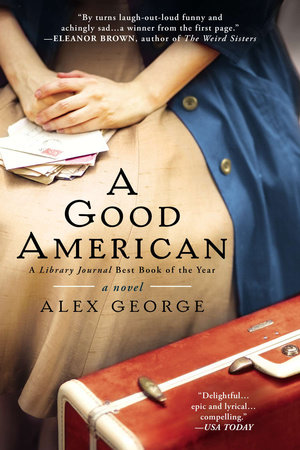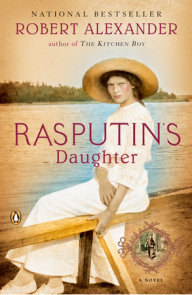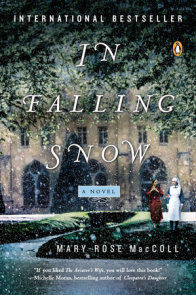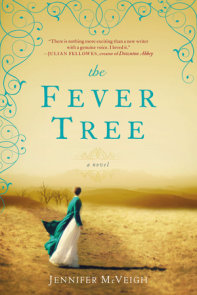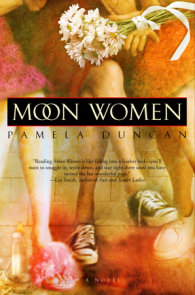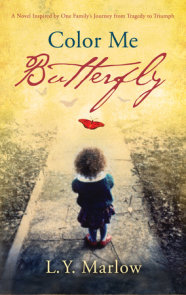READERS GUIDE
Questions and Topics for Discussion
INTRODUCTION
An uplifting novel about the families we create and the places we call home.
It is 1904. When Frederick and Jette must flee her disapproving mother, where better to go than America, the land of the new? Originally set to board a boat to New York, at the last minute, they take one destined for New Orleans instead ( “What’s the difference? They’re both new”), and later find themselves, more by chance than by design, in the small town of Beatrice, Missouri. Not speaking a word of English, they embark on their new life together.
Beatrice is populated with unforgettable characters: a jazz trumpeter from the Big Easy who cooks a mean gumbo, a teenage boy trapped in the body of a giant, a pretty schoolteacher who helps the young men in town learn about a lot more than just music, a minister who believes he has witnessed the Second Coming of Christ, and a malevolent, bicycle-riding dwarf.
A Good American is narrated by Frederick and Jette’s grandson, James, who, in telling his ancestors’ story, comes to realize he doesn’t know his own story at all. From bare-knuckle prizefighting and Prohibition to sweet barbershop harmonies, the Kennedy assassination, and beyond, James’s family is caught up in the sweep of history. Each new generation discovers afresh what it means to be an American. And, in the process, Frederick and Jette’s progeny sometimes discover more about themselves than they had bargained for.
Poignant, funny, and heartbreaking, A Good American is a novel about being an outsider-in your country, in your hometown, and sometimes even in your own family. It is a universal story about our search for home.
DISCUSSION QUESTIONSFrederick is an uncritical lover of America, but Jette is not. What is it that Frederick loves most about America? What is it that Jette has reservations about? In what ways do you agree or disagree with each of them? Why does Frederick go off to war? Do you think it is selfish of him? Is he deserting his family?One of the central paradoxes of the immigrant experience that the novel dramatizes is the desire to remain connected to the old country and yet become fully American. Do you think assimilation happens more quickly and fully in the United States than elsewhere? Do you think it is happening as rapidly with today’s immigrants as it did generations ago?What does being a good American mean to you? Do you think Frederick ultimately is one?Why does Jette make her protest when the war ends? Is it simply a way of mourning Frederick’s death?Some of the citizens of Beatrice are offended by Jette’s antiwar protest. Are there limits to the principle of freedom of speech, and if so, where do those limits lie? Does Jette’s protest cross those limits?Is Joseph’s quarrel with the Reverend Kellerman justified? Why do some people turn toward religion after times of crises, while others turn away?William Henry Harris and Lomax are the only two African-American characters in the book, and both are treated fairly horribly by everyone other than the Meisenheimer family. Would you describe Beatrice as a racist town? Is it simply a product of its time?The evolution of Beatrice in a way mirrors the nation’s transformation during the twentieth century. What did American towns and people gain, and lose, with modernization?Are there parallels between the gradual metamorphosis of the restaurant and the family’s integration into American society?Why does James stay in Beatrice? Do you think he really has a choice?Some secrets are revealed at the end of the novel. Did you see these twists in the story coming? Does every family have secrets?Why does Rosa never reveal to James their relationship?The author is an Englishman who now lives in the United States. How might the book be different if it were written by an American?There are many different kinds of music in the novel. Which was your favorite, and why?









